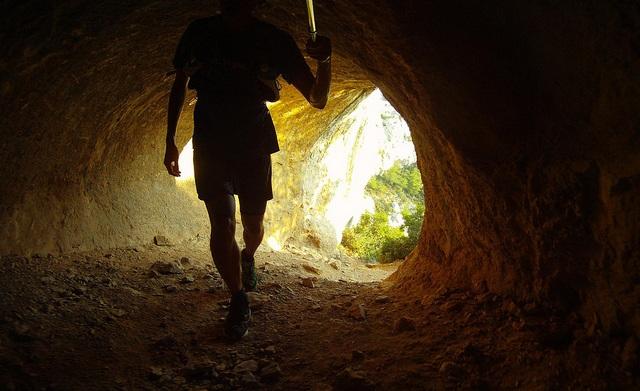
By Anisa Kamadoli Costa
Today, we place an undeniable premium on artisanal products — handmade cheese, woven rugs and finely crafted pieces of jewelry. Whenever I buy these treasures, I feel a connection to the people who made them: By buying their work, I am supporting a local, entrepreneurial way of life.
In business, there is a small but growing movement to build connections between consumers and makers. Niche companies like Everlane and Zady share the stories of the people who grow the raw materials and produce their goods.
It’s inspiring to see consumers taking an interest in how their products came to be, and investing in artisanal work that can help communities sustain their culture and build their livelihoods. But for many people working in artisanal jobs around the world — from fishermen in Colombia to gold miners in the Congo — the reality is much different. They labor in unsafe conditions, without protections and guarantees of fair wages, enduring conditions that confine them to a life of poverty.
To truly connect with the makers of our products, we need to do more to protect artisanal communities globally.
Over the years, there have been many efforts across industries to establish standards that improve conditions for people working in global supply chains, and while these efforts at “systems change” have been critical, some of the most significant strides have been made by grassroots organizations working from the ground up.
In the jewelry industry, where I work, one of the groups making great progress helping artisanal miners is the Diamond Development Initiative (DDI). The concept of DDI emerged in 2005 and its operations began in 2008. DDI picked up where the Kimberley Process Certification Scheme left off. While the Kimberley Process has made progress toward eliminating “conflict diamonds” from the rough diamond supply chain, this focus on trade alone did not change conditions for artisanal miners.
In Africa, an estimated 1.5 million diamond diggers survive on less than a dollar a day and labor under unsafe conditions in countries that are still recovering from the ravages of war. These individuals are also in a vulnerable position because they work outside of the formal economy, so although they are responsible for mining some of our most valuable items, they lack the know-how to get a fair price for their wares.
For nearly 10 years, the Tiffany & Co. Foundation has provided funding to DDI because the organization takes an expansive, long-term approach to improving the lives of miners, their families and their communities. DDI recognizes that creating a sustainable artisanal industry means supporting miners through a number of avenues.
The two DDI programs that the Tiffany & Co. Foundation actively supports are its work in developing and implementing a standard that applies to small-scale diamond miners, and its work to register artisanal gold and 3T (tantalum, tin and tungsten) miners, educating them as to the benefits of registering with local authorities. As an additional benefit to the communities it serves, DDI holds workshops to increase the business acumen of the miners.
Since creating a sustainable community involves more than just business, DDI also invests in development programs such as mobile schools for miners’ children. Finally, DDI works with governments and actors at the systems level to shift their mindset about artisanal mining: if the government invests to formalize the sector, this will promote economic and social stability.
DDI’s work has demonstrated real impact. In 2015 alone the organization has successfully registered over 100,000 gold and 3T artisanal miners in the Democratic Republic of the Congo. In Sierra Leone, a country set back by the Ebola outbreak, DDI piloted the diamond standard system to miners at 10 sites. Showing a true commitment to the people of Sierra Leone, DDI staff stayed at the mining camps during the Ebola crisis, shifting gears from running the pilot project to providing Ebola relief. This adaptability helps the organization gain the trust of local communities and helps make their efforts stick.
This year, DDI will expand the pilot, starting with Western Africa, to include additional mining cooperatives and between 20 and 30 sites. Some of the best evidence of progress is in conversations DDI staff have had with individual miners when the miners start to understand how responsible mining practices really can change their lives.
By investing in organizations like DDI that are working locally with artisanal communities, we can ensure that they receive skilled jobs, enjoy sustainable incomes, and live in resilient communities.
And when we, as everyday consumers, buy artisanal wares, we can feel good about the connections we are building — connections that can truly transform lives.
Image credit: Flickr/akunamatata
Anisa Kamadoli Costa is chief sustainability officer at Tiffany & Co. and also serves as chairman and president of The Tiffany & Co. Foundation. In this dual role, reporting to the CEO of Tiffany & Co., she oversees the company's global corporate responsibility agenda and directs strategic grantmaking on behalf of The Foundation.
TriplePundit has published articles from over 1000 contributors. If you'd like to be a guest author, please get in touch!














